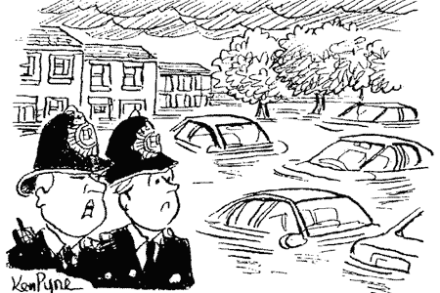The SNP is playing a deadly game with Islam
A civic reception will take place next month for the Glasgow airport workers and travellers whose courage on Saturday 30 June when bombers struck the terminal building may well have prevented horrific slaughter.John Smeaton, a 31-year-old baggage handler, became the emblematic figure for a day when God smiled on Glasgow. His comment that he was only doing his civic duty was indeed a boost for the battered concept of citizenship. He was affirming that, as well as rights, we also have duties that sometimes we are called upon to exercise in order to protect freedom and the rule of law. Scotland’s First Minister Alex Salmond will preside at the ceremony











